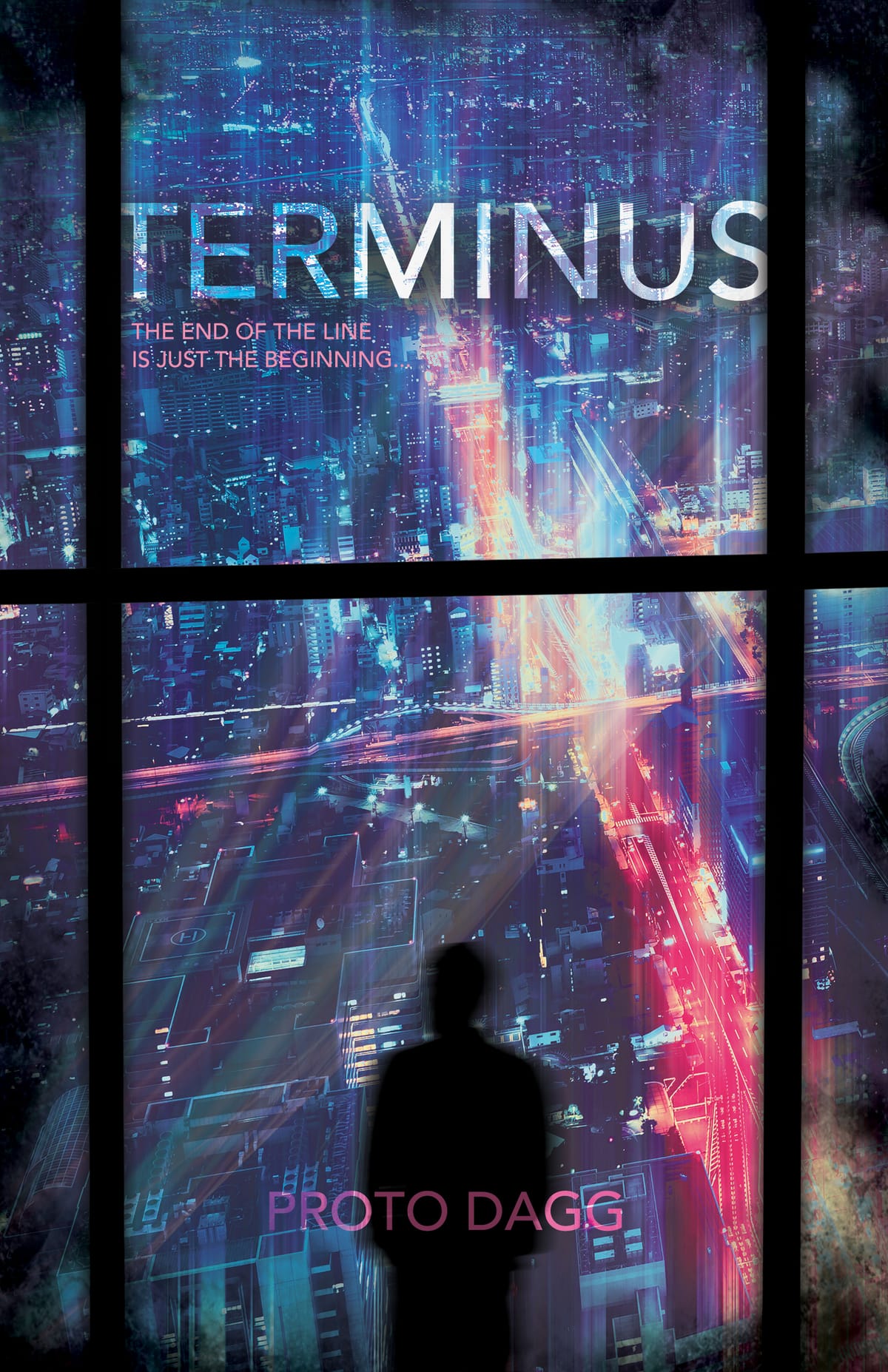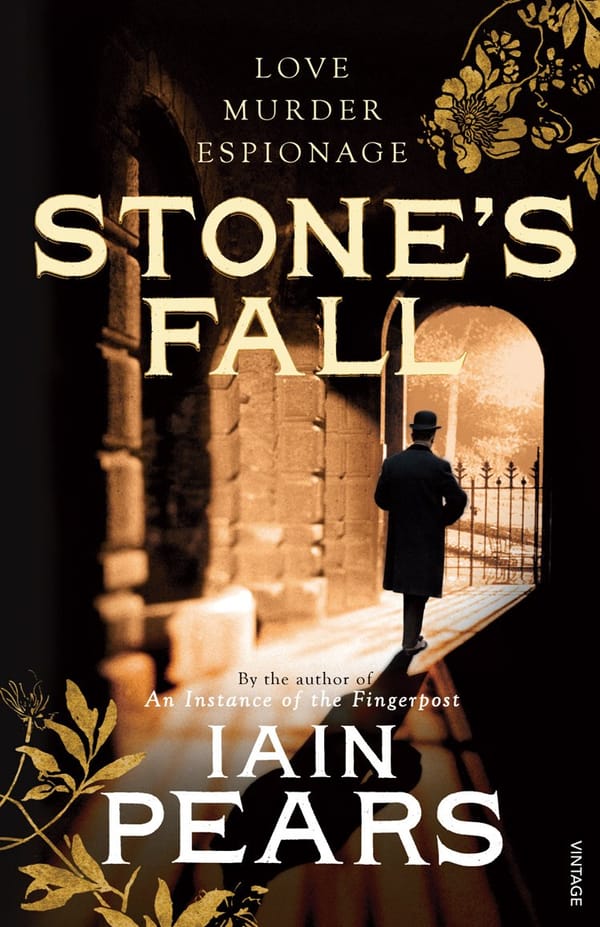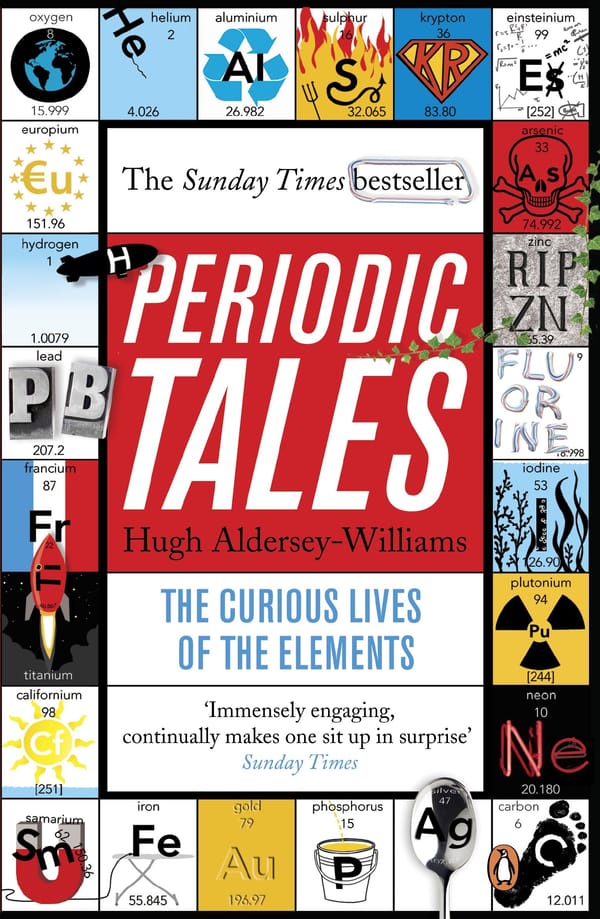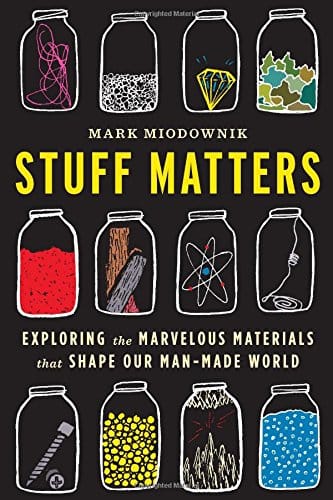Terminus: A Book That Could Do Better
A book propped up by its storytelling, but weighed down by its inability to tell the story of what actually motivates its characters

“The end of the line is just the beginning…”
Peace is in the answer (somewhere, somewhat). And Power™ is the vice. By the end of the self-titled “biopunk psychedelic” or psychedelic-punk thriller, peace—as an idea or literary quality—is lost in the space between the numerous analogies that author Proto Dagg uses to dream up a world of pervasive addiction, which he does soon after awakening from. An event-driven roundtable of action, visions, hallucinations, love interests, more action, and more visions, is what carries Terminus, but what it needs to elevate its harder-thought-of thoughts alongside its peers is some literary scaffolding, or a greater sense of its own system.
Terminus is set in a titular city where an addiction to Power (a drug; tangible, and probably trademarked) is abundant and highly prevalent (like an American opioid epidemic). However, Proto Dagg does not spell out the roots and germinations of a true addiction — “I mean, everyone is addicted to something” — that he then goes on to muse about, nearly enough. This philosophising is exemplified by “we all want something; some just want it more than others”. And thus, at times and in many ways, Terminus is far from rooted in true reality, outside of its own ornamental descriptions of life.
“Addiction is such an ugly word,” begins a now-infamous energy drink account manager, Power addict, and the YA protagonist Matt. Matt meets the energetic Priya one night at a nightclub peddling Peace (another drug (excessive?); this one not trademarked). And as his designated potential love interest, Priya is written, and fated to entangle him in the typical lengthy antics of any Young Adult novel focused on system subversion, things like war, like revolution, and, of course, like love.
And, largely, he succeeds in doing this. The ‘he’ in question being Proto Dagg; the this however – his modified, and intermittently elegant, used, tried, and true re-telling of a Hero’s Journey — is somehow both insufficient and overfed, vis-à-vis the guests at the metaphorical table of musings and themes set by him. Themes which include the commodification of change, the genesis of a cult versus the birth of movement, and many more of such powerful, but often ineloquently presented, ideas.
It seems Terminus is propped up by its storytelling, but weighed down by its inability to tell the story of what actually motivates its characters to act in the ways that they do, or are written to. Terminus, in summary, should come with a cautionary label for oncoming readers: “requires patience - and a handful of tolerance - for its zealous intentions”, although it at least bears the sweet fruit of ambition, and a singular vision.










